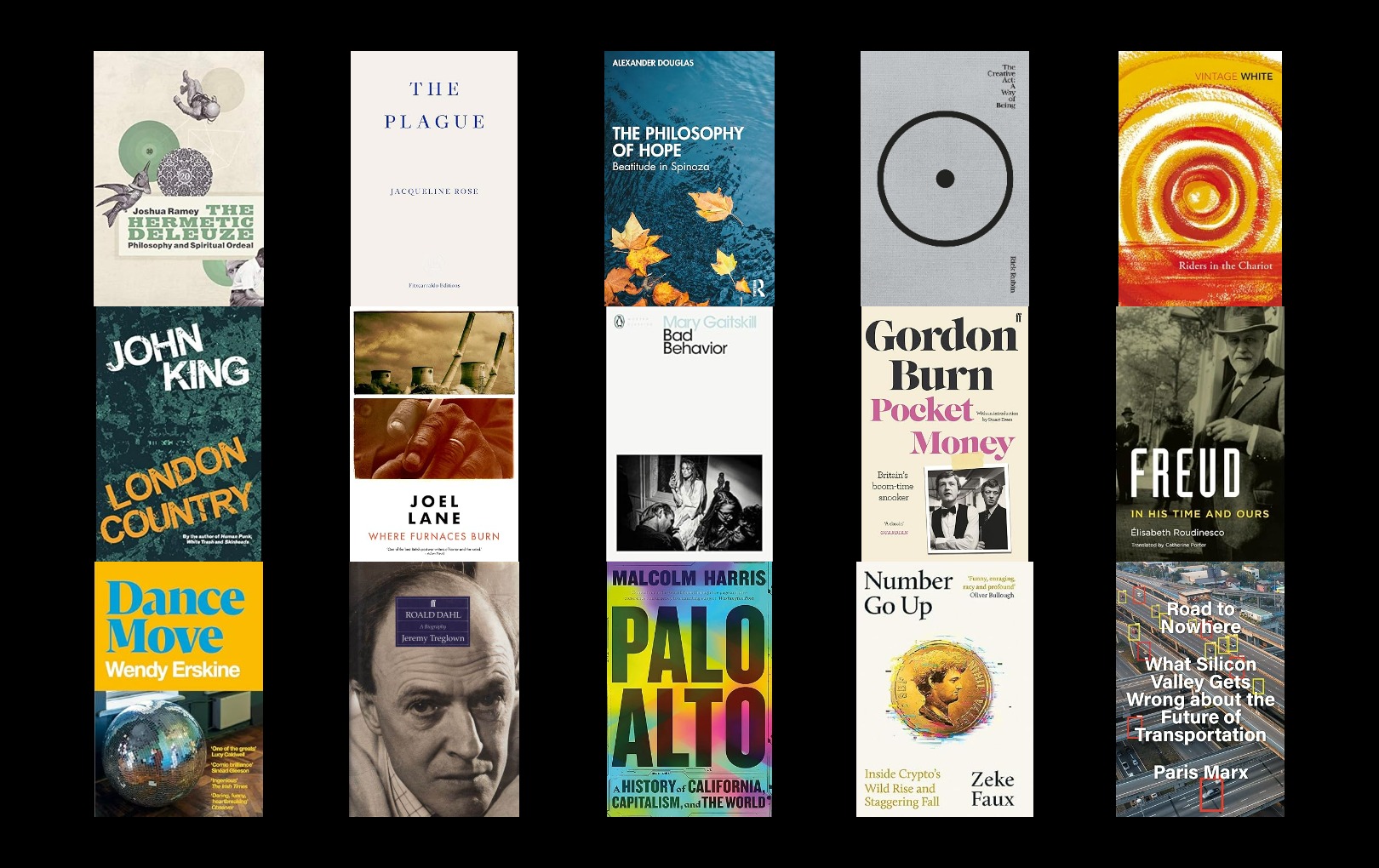
Brad Evans: I Know I Will Never Write a Better Book
If the measure of writing is to get as close as we can to the truth of existence, I know I will never write a
This is an edited extract from Smile if you Dare: Politics and Pointy Hats with the Pet Shop Boys, by Ramzy Alwakeel, which will be published by Repeater next year.
Two decades on, there’s something implausible about Very.
The Pet Shop Boys’ fifth album snuck posthumanism and panic sex into the charts on both sides of the Atlantic. Its arrogant title said: here is our essence; an easy reference point; a convenient definition. But once you probed it, touched its bright orange case with trembling fingers, the conceit started to unravel.
You looked at the sleeve inlay and saw giant eggs, conical hats and beach balls before you spotted any human faces.
Then there was the music. Very didn’t so much showcase the Pet Shop Boys as reinvent them. The 12 career-best songs Neil Tennant and Chris Lowe recorded for the album glinted awkwardly like CGI skyscrapers in the artificial sun for miles – and years – in all directions. Somehow they were too near, or too large.
Even Very’s packaging was curiously oppositional. CD cases were meant to be shop windows, dressed by fancy designers to sell the silver discs’ invisible contents. This one was opaque. To date, the album has been sold in no fewer than seven different sleeves, but Very’s first edition remains one of the most recognisable items in British recorded music history.
Tennant and Lowe were bored of compact discs. Their pocket-sized artwork was a snivelling apology for the glorious 12-inch sleeve it had replaced, its pathetic scaled-down images shielded by flimsy transparent plastic. This was the  conundrum they took to Pentagram.
conundrum they took to Pentagram.
Pentagram, which also designs buildings, gave them an orange box with three-dimensional polka dots on the front. It was a gamble – each of these unusual objects cost the Pet Shop Boys 40p – but Very’s limited edition was a success, rendering the album instantly visible in the racks: a flash of colour among hundreds of anonymous see-through cases.
The album’s vinyl and cassette versions mirrored the relief on the CD cover by arranging tiny photographs of Tennant and Lowe’s heads in the same polka dot pattern. It looked a bit like it was designed for babies, but novelty is sometimes the vehicle for genius.
As it happened, the CD case was an appropriate metaphor for what lay within: Very is rather difficult to miss. It’s a synth-pop obelisk, a wall of sound built from Tetris blocks.
After four smash hit LPs and a multi-platinum singles collection, one could have been forgiven for thinking the Pet Shop Boys had achieved everything, reshaping British pop music and surviving to tell the tale. Their 1990 studio effort, the stately Behaviour, had suggested a band whose members were growing old gracefully as they meditated on absent friends and Shostakovich.
Pop fans aren’t known for their attention spans, so by June 1993 it’s likely Tennant and Lowe’s 26-month absence from the UK top 10 had all but erased them from memory. They’d popped up as guests on a couple of tracks by Bernard Sumner and Johnny Marr’s Electronic project in 1991, and produced a version of ‘The Crying Game’ for Boy George the following year – but in real terms the Pet Shop Boys were already a catalogue act, the stuff of TV retrospectives and pub quizzes.
This made it even more satisfying when Very’s impertinent lead single put them back on Top of the Pops. Rubbing shoulders with Lisa Stansfield, ‘Can You Forgive Her?’ was an undercover policeman at a children’s party, its five o’clock shadow an instant giveaway. The song was a blinking night sky of whirring, motion-blurred synthesisers that, even when Tennant started singing, was every bit as unreal as the costumes. In the spaces between orchestra hits, he spun a cautionary tale of humiliation, innuendo and denial while – incredibly – Lowe danced with three women holding cricket bats.
The next few months would see them achieve their only number one album, make a string of iconic videos, and score a career-defining hit with a song someone else had already released.

If the measure of writing is to get as close as we can to the truth of existence, I know I will never write a

To accompany his latest piece with Tariq Goddard in The Quietus on True Detective Season 4 and the legacy of In The Dust of This Planet, Eugene

As another turbulent year draws to a close, the Repeater team put forward their favourite reads for the festive season. Publisher, Editor, and Author Tariq

If the measure of writing is to get as close as we can to the truth of existence, I know I will never write a

To accompany his latest piece with Tariq Goddard in The Quietus on True Detective Season 4 and the legacy of In The Dust of This Planet, Eugene

As another turbulent year draws to a close, the Repeater team put forward their favourite reads for the festive season. Publisher, Editor, and Author Tariq
